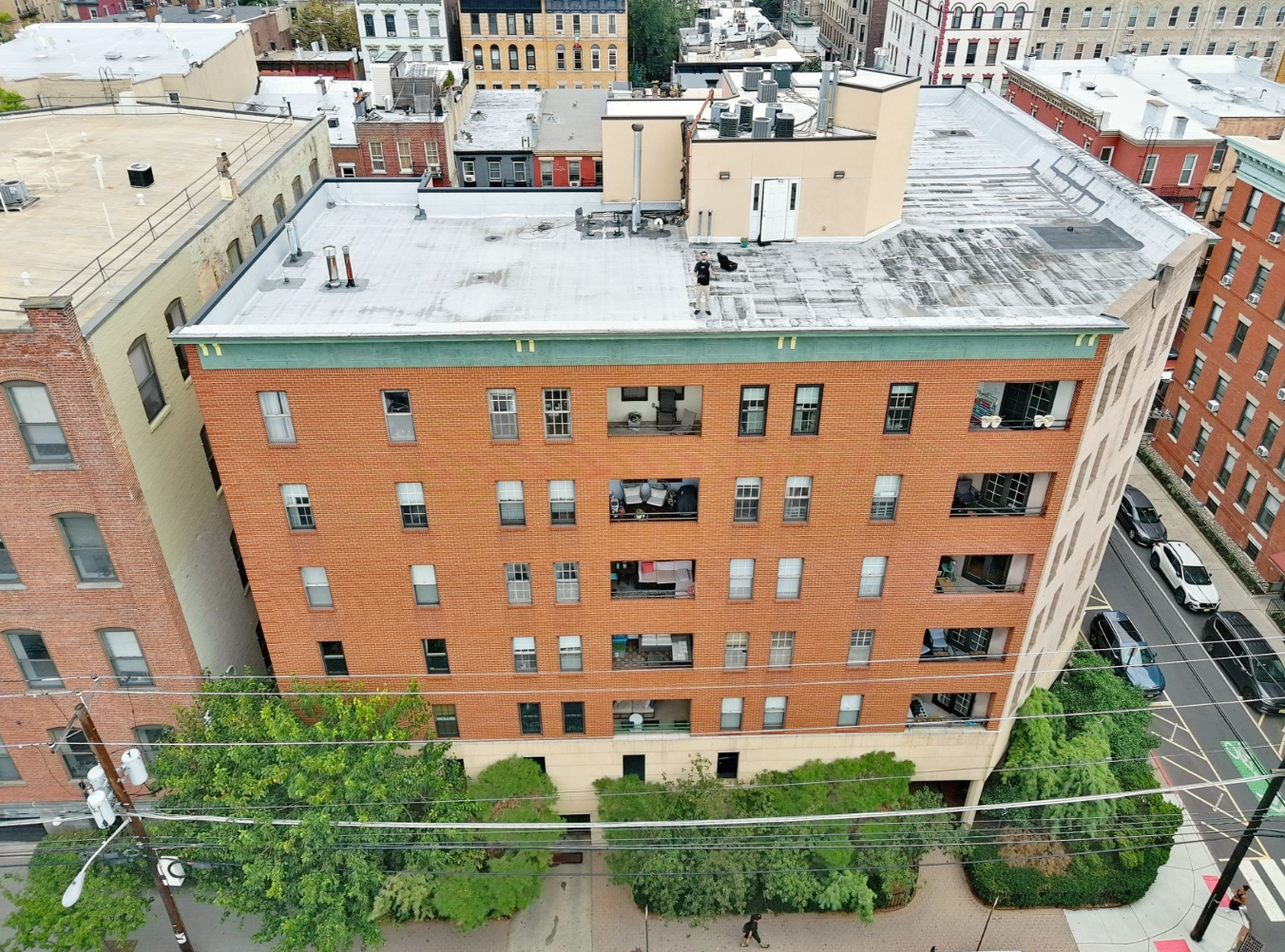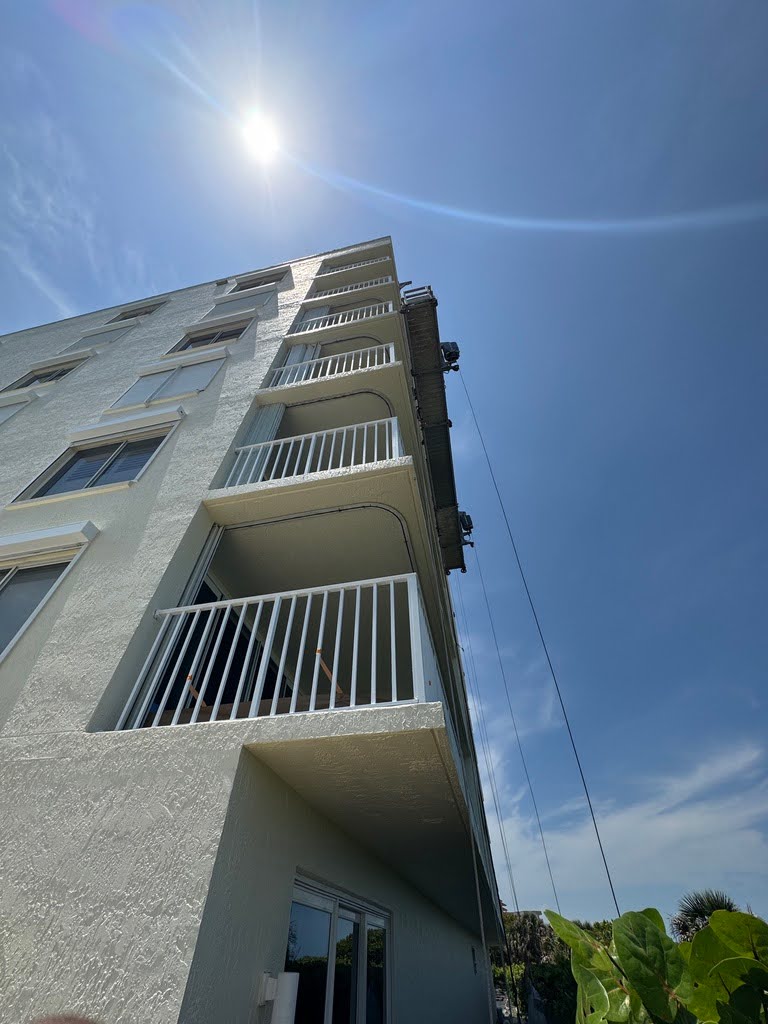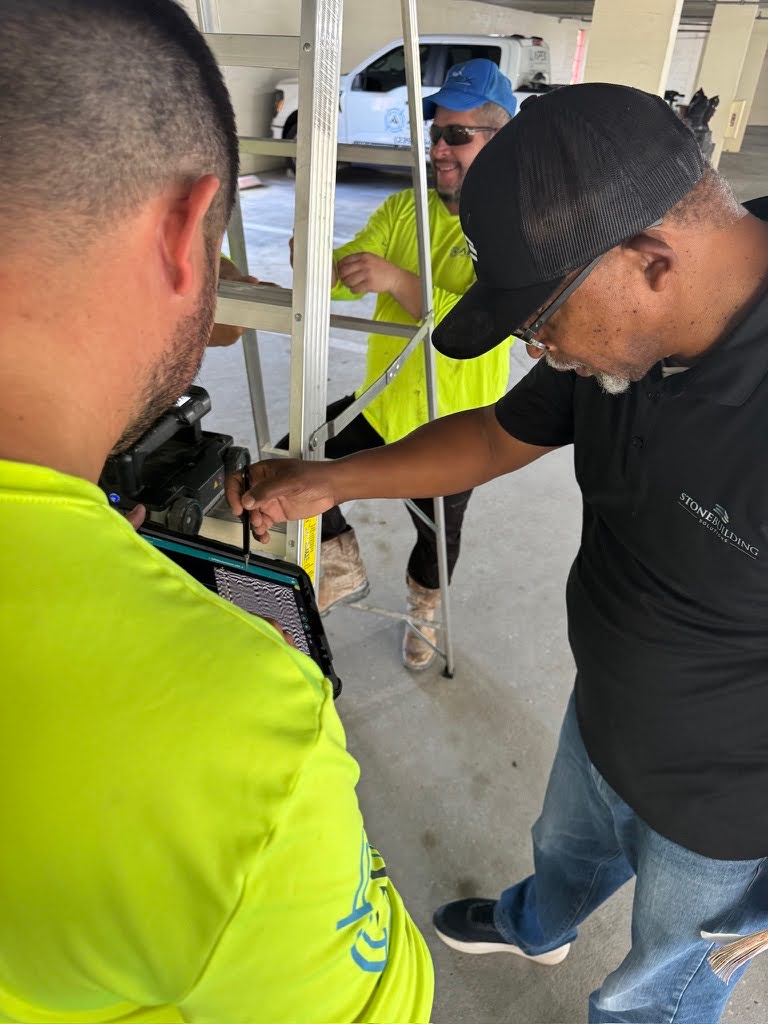
NJ Reserve Study Law Changed in 2025 — What It Means for Condos & HOAs
Baseline funding now required • 85% option could lower dues
The Updated New Jersey Reserve Requirements 2025 (S-3992, effective August 21, 2025) just reshaped how every condo and HOA in the state must plan reserves.
Glide Path eliminated — the old “catch-up later” method is gone.
Baseline funding required — every study must include a 30-year plan that never drops below zero.
New 85% option — associations may temporarily fund at 85% with required disclosures, which could lower monthly dues in the short term.
The challenge: If your reserve study was completed under the old rules, it may no longer be compliant — and your board could be over-collecting.

Why Stone Building Solutions Is the Best Choice in New Jersey
Stone Building Solutions combines licensed engineers with certified Reserve Specialists on every project. We don’t just hand you a report — we walk your board through every funding option so reserves stay reasonable, legal, predictable, and affordable.
✅ FREE Reserve Audits – Find out if your study meets the updated law and whether your contributions can be safely reduced.
✅ Affordable Pricing – Our reserve studies are engineered for compliance and clarity, without draining your budget.
✅ Glide Path Gone – We’ll map out your new options under baseline funding or the 85% + disclosure rules.
✅ Serving All of New Jersey – Reserve studies are required for all condos and retirement communities. Townhomes and single-family communities also must get a study if they have over $25,000 of common area assets OR are over 100 units.
With Stone, your association gets the tools to stay compliant, protect property values, and keep reserves affordable — without overfunding.
GET IN TOUCH
FREE Association Audit for New Jersey Reserve Studies
Already have a reserve study but not sure it meets the new 2025 requirements? You’re not alone. The Updated New Jersey Reserve Requirements 2025 (S-3992) changed the definition of “adequate funding,” eliminated the old Glide Path, and added strict disclosure rules. Many associations are finding their old studies no longer compliant.
Here’s what to ask yourself:
❓ Do you disagree with the findings?
Boards have the right to commission a new Reserve Study that can override the existing report.
❓ Does your reserve study include a baseline funding plan?
Under the new law, adequacy means a 30-year plan where reserves never fall below zero. Every study must now include this option.
❓ Were you relying on the Glide Path?
The catch-up method is gone. If your study assumed gradual funding increases, it’s already outdated.
❓ Have repairs or projects changed your funding needs?
Completed or planned capital projects (roofs, façades, elevators) may change your reserve contribution levels.
❓ Are you considering the 85% option?
Boards may temporarily fund at 85% for up to five years, but only with strict disclosures:
Notices in 20-point bold font to all owners.
Clear statement of the year and amount of any special assessment or loan.
Notice must be given to every buyer before closing.
💡 Do you owe it to your membership to take a second look?
- Owners are trusting the board with their money.
- Buyers and banks are now reviewing reserve studies in underwriting.
- An incorrect study could mean overpaying in dues, underfunding dangerously, or hurting property values.
Stone Building Solutions offers FREE reserve audits for New Jersey associations. Our engineers and Reserve Specialists provide a professional review and second opinion — so your community isn’t left guessing whether its reserves are legal, reasonable, or fair to owners
Free AuditFrequently Asked Questions
Under the Updated New Jersey Reserve Requirements 2025 (S-3992), the old approach of “we’ll just pay with a special assessment later” is no longer allowed. Current NJ reserve law updated Aug 21, 2025 states:
- New communities must immediately fund reserves at the law’s definition of “adequate funding,” which is the baseline method — a 30-year plan that never lets reserves fall below zero.
- Existing communities have up to five years to reach that baseline standard. During this transition, they may choose the temporary 85% option, but the timing and amount of any shortfalls over the 30 years must be disclosed.
- After five years, every condo and HOA must be fully compliant with adequate funding — no exceptions.

How to Comply With NJ Reserve Laws
To comply with the NJ association reserve requirement 2025, associations must:
- Obtain a professional reserve study from a licensed engineer or Reserve Specialist (RS).
Stone uses both an engineer and an RS on every study.
- Choose a funding method: 1. full funding of a plan provided by your Reserve Specialist or 2. Utilize the 85% funding option with special assessment (available only for up to 5 years).
Stone provides multiple options.
- Budget accordingly to meet funding requirements.
Stone provides a Zoom meeting with the Board so you can feel confident to explain the regulations to your homeowners.
- Provide required disclosures if using the 85% option.
Stone provides you with this language.
- Update the reserve study at least every 5 years — though annual updates are strongly recommended.
Stone provides discounted annual updated with your RS.
